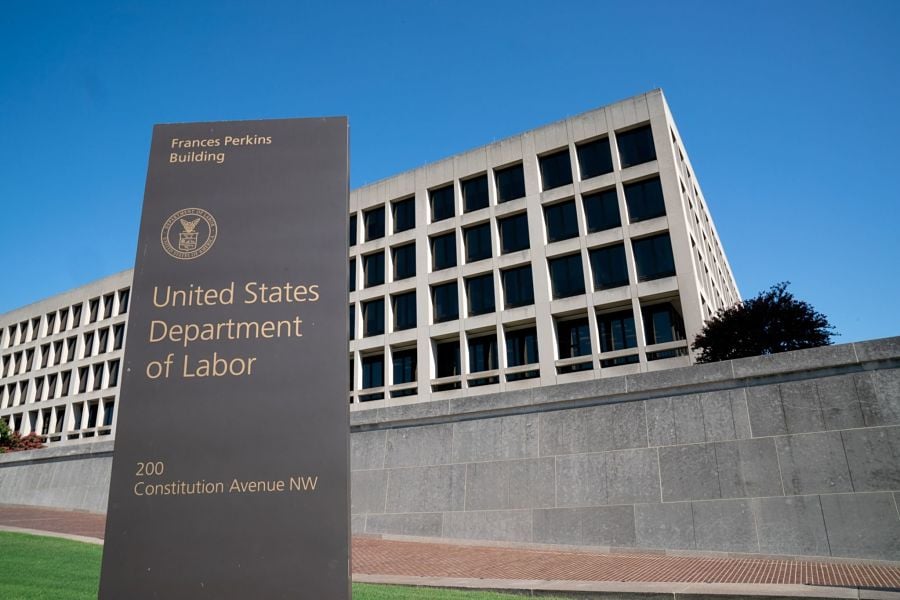

While President Trump disputes the election results, his administration is keeping busy during its waning days pushing regulations that affect financial advisers over the finish line.
But the last-minute rush could leave rules vulnerable to being overturned after President-elect Joe Biden takes office in January. In addition, rules could be rescinded by Congress, depending on whether Democrats obtain a Senate majority — and maybe even if they don’t.
The Department of Labor has been a rulemaking assembly line since just before Election Day. In late October, DOL approved a regulation that could chill the use of environmental, social and governance factors in retirement accounts. Earlier this month, it promulgated a rule that would limit retirement plan proxy votes to those affecting financial returns. And on Dec. 15, the agency released a final fiduciary rule governing investment advice in retirement accounts.
The Securities and Exchange Commission also has promulgated rules in the last several weeks to open private markets to more ordinary investors and limit the use of derivatives in funds.
Their fate rests in part on when the final rule went out the door.
“There’s a lot up in the air about the rules coming out at the end of the Trump administration,” said Brad Campbell, a partner at Faegre Drinker Biddle & Reath and a former assistant DOL secretary. “The whole regulatory area gets messy and nuanced quickly.”
The ESG rule was published in the Federal Register and went into effect well before Inauguration Day on Jan. 20. The proxy vote rule was released just in time to go into effect prior to the inauguration based on its publication date in the Federal Register. The fiduciary rule is on track to go into effect after the inauguration because it has a 60-day window.
“Once it’s published, whether it’s effective or not, they have to do a new rulemaking” to replace a regulation, said Susan Dudley, director of the George Washington University Regulatory Studies Center.
The DOL appeared to make the ESG-related rules a priority, said Carol McClarnon, a partner at Eversheds Sutherland. “They’re trying to get it set in stone as much as they can.”
The proxy regulation was revised during the rulemaking process to ensure that its economic impact was less than $100 million, allowing it to go into effect 30 days after publication. It was bit of sophisticated rulemaking by DOL Secretary Eugene Scalia, a renowned regulatory attorney.
Congress could step in and rescind the last-minute rules under the Congressional Review Act. It would require simple majorities in the House and Senate, which could be achieved even if the Senate narrowly stays in GOP hands after January runoff elections in Georgia.
“One or two Republicans joining the Democrats to disapprove the rule is all it would take,” Dudley said.
Whether the DOL ESG rules are voided through a regulatory process or congressional votes, McClarnon foresees their demise because they’re highly unpopular based on public comments.
“I would anticipate both of them going away one way or another,” she said.

Meanwhile, Fifth Third's RIA arm adds a former billion-dollar BNY trio in Boulder, Colorado, while a hybrid RIA opens a new North Carolina location with a former Raymond James-affiliated team.

Analysis highlights swelling out-of-pocket costs and wasted time on paperwork, with an outsized toll on businesses and around crypto transactions.

The appointment to its investment management arm comes roughly a year after the firm first announced plans to launch its own exchange-traded fund platform.

With trillions of dollars in transit, HNW expert sees a bigger picture.

Summit Financial unveiled a suite of eight new tools, including AI lead gen and digital marketing software, while MassMutual forges a new partnership with Orion.
Orion's Tom Wilson on delivering coordinated, high-touch service in a world where returns alone no longer set you apart.
Barely a decade old, registered index-linked annuities have quickly surged in popularity, thanks to their unique blend of protection and growth potential—an appealing option for investors looking to chart a steadier course through today's choppy market waters, says Myles Lambert, Brighthouse Financial.
